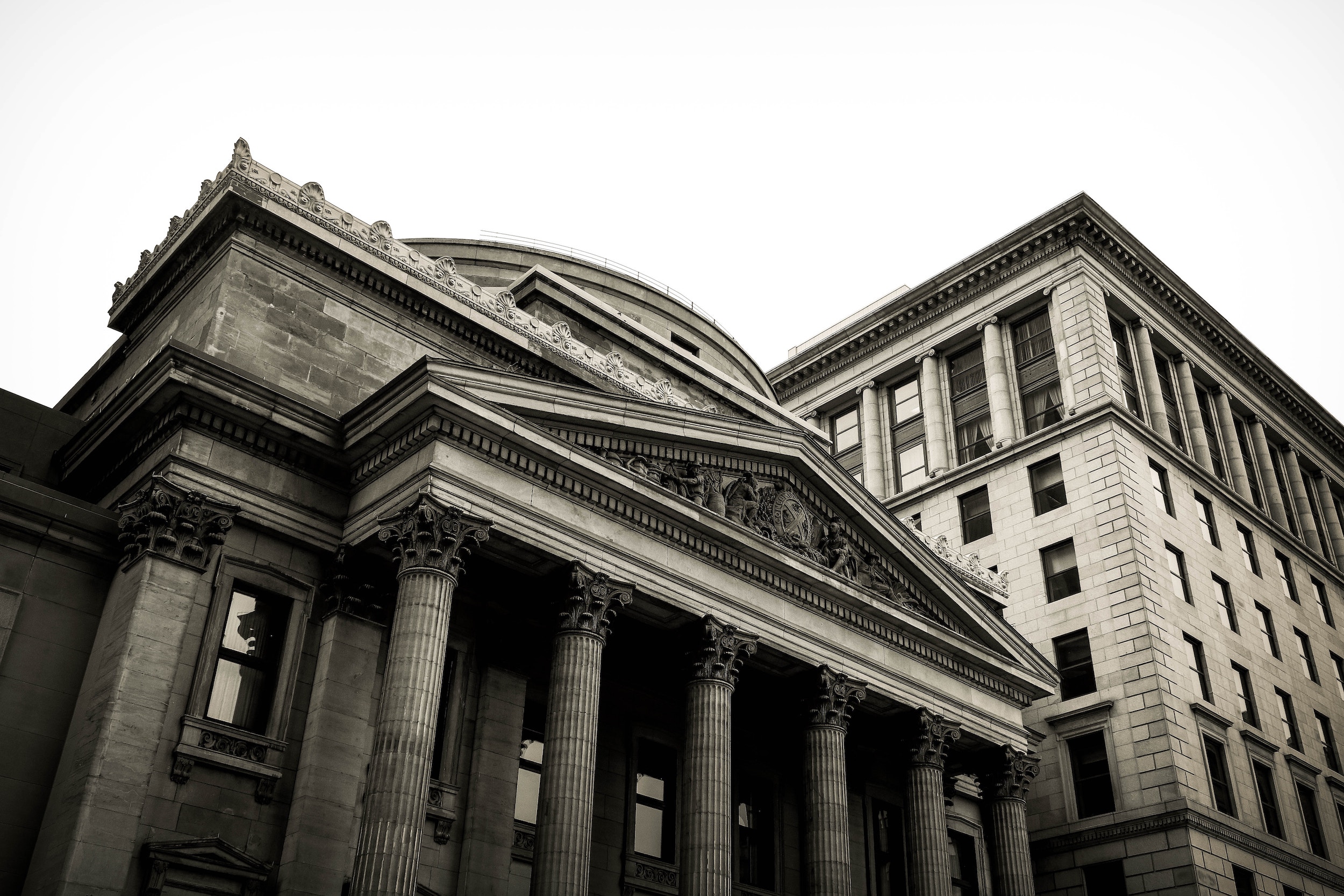September brought further monetary-policy decisions at the world's two most important central banks – the US Fed and the ECB. In both cases, the outcome was more or less in line with market expectations. The US Federal Reserve (the Federal Open Market Committee - FOMC, to be more exact) decided to keep its key interest rates from 5.25 to 5.5 per cent. The European Central Bank, whose Executive Board met a week before the US Fed's FOMC, decided to increase base rates by a quarter of a percentage point. The ECB's deposit rate rose to four per cent and the main refinancing rate grew to 4.5 per cent.
Both major banks - the Fed and the ECB are at or near the peak of the interest rate hike cycle. By the decision, the Fed indicated it would keep rates unchanged or proceed to further hikes only if there was an unexpected inflationary impulse. However, this seems unlikely in the near future given the current circumstances. After the latest monetary policy, the ECB also indicated its decision that it could have been the last "hike" in this monetary policy cycle [1].
In addition, it should be pointed out that the monetary policy of both central banks is the tightest in many years. The Fed's rates are the highest they have been since 2006, and the ECB has never before sent its basic interest rates so high.
This is quite significant signal both for stock and bond markets. The central banks are signaling that inflation is almost defeated and that interest rates could drop (although we do not know exactly when yet). On the other hand, they are still keeping a policy in case another inflationary impulse came in the near future.
Attention should be paid to macroeconomic developments and various indicators mapping economic activity, gross domestic product and labor market developments in the US and Europe, especially in Germany. The tight labor market may be a certain worrying factor. Both the United States and the euro area are experiencing lower unemployment than before the outbreak of the covid-19 pandemic and the lowest unemployment rate in many years.
Nominal wage growth could be risky. Employees should step up their inflation demands in their wage negotiations for next year. It is important that nominal wages fully compensate for recent inflation. We used to see higher inflation rates two or three years ago both in the US and in the euro area. Such rates are likely to increase in the long term. In such case, it would be possible that both central banks would step in again and raise rates even more. A similar scenario would only come into play at the end of next year, or possibly in 2025, and then only if inflation stalls on its downward trajectory towards the two per cent target at, for example, around five per cent per annum[2].
Developments on the global energy market will play an important role, but also the situation in Ukraine. If the military conflict ended in the near future, ideally with Russia's defeat, it would be excellent news for the global economy. We could also see a gradual reduction in interest rates, a recovery in economic activity and, therefore, a stronger recovery on financial markets. The future is very uncertain, which is the only certainty we have today.
[1,2] Forward-looking statements represent assumptions and current expectations that may be inaccurate or based on the current economic environment, which may change. These statements are not guarantees of future performance. Forward-looking statements inherently involve risk and uncertainty because they relate to future events and circumstances that cannot be predicted and actual developments and results may differ materially from those expressed or implied by any forward-looking statements.
-------
Warning! This marketing material is not and should not be considered investment advice. Past performance is not a guarantee of future returns. Investing in foreign currency may affect returns due to fluctuations. All securities transactions may result in gains and losses. Forward-looking statements represent assumptions and current expectations that may not be accurate or are based on the current economic environment, which may change. These statements are not guarantees of future performance. CAPITAL MARKETS, o.c.p., a.s. is an entity regulated by the National Bank of Slovakia.
 Polish
Polish
 English
English
 Slovak
Slovak
 Czech
Czech
 Hungarian
Hungarian
 Italian
Italian





